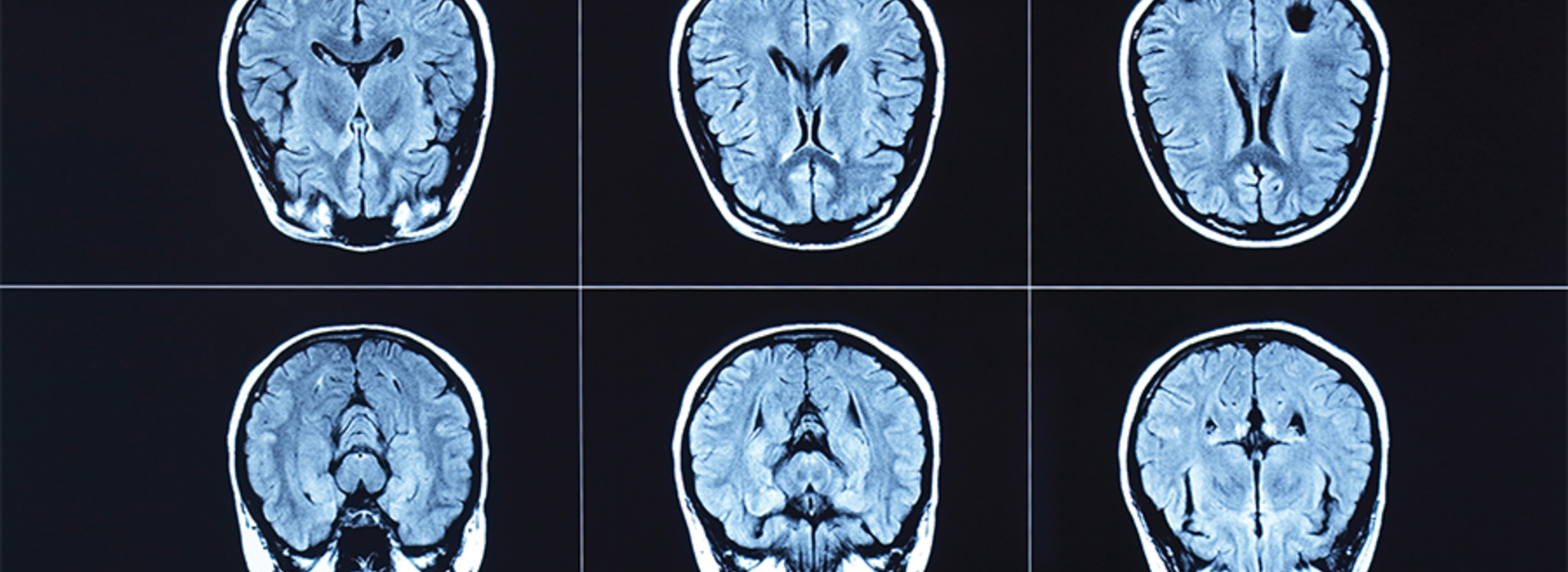
UMN Medical School Researcher Identifies What is Driving Cryptococcal Meningitis
MINNEAPOLIS, MN- April 23, 2019- Cryptococcus neoformans is a fungal pathogen that causes disease in immuno-compromised individuals, particularly those with advanced HIV, organ transplants, or cancer chemotherapy patients. If left untreated, the infection will spread to the brain where it causes meningitis, which can be fatal. Even with treatment, the mortality rate is high once the infection has spread. Doctors have been trying to solve the question of why patients will still succumb to the infection after receiving treatment.
In “The Mouse Inhalation Model of Cryptococcus neoformans Infection Recapitulates Strain Virulence in Humans and Shows that Closely Related Strains Can Possess Differential Virulence” published in Infection and Immunity, Kirsten Nielsen, PhD, Associate Professor, Department of Microbiology and Immunology, University of Minnesota, Medical School and colleagues found that it is the pathogen that’s driving the outcome of the infection.
“People in the past have always focused on the host and the host immune system. But we asked a different question, ‘Is it actually the pathogen that’s the major issue?’ The problem then became how to look at the pathogen when it’s in a human host,” said Nielsen.
Research for Nielsen began looking at if the pathogen behaved the same when it’s in a mouse compared to when it’s in the human. She was surprised to find that there was a direct correlation in the outcome of humans and mice in their response to the strain during an infection. The researchers could then use this mouse model to study strains and identify what is causing differences in human disease.
“We found that the strains that cause death in humans also cause death in mice, and the strains where humans lived – the mice also lived. So this tells us it’s actually the pathogen that’s driving the outcome,” said Nielsen. “It is exciting because we now have tools at our disposal in the mouse model that allow us to answer questions about how Cryptococcus causes human disease that have not been able to be answered before.”
About the University of Minnesota Medical School
The University of Minnesota Medical School is at the forefront of learning and discovery, transforming medical care and educating the next generation of physicians. Our graduates and faculty produce high-impact biomedical research and advance the practice of medicine. Visit med.umn.edu to learn how the University of Minnesota is innovating all aspects of medicine.
Contact: Krystle Barbour
kbarbour@umn.edu
612-626-2767